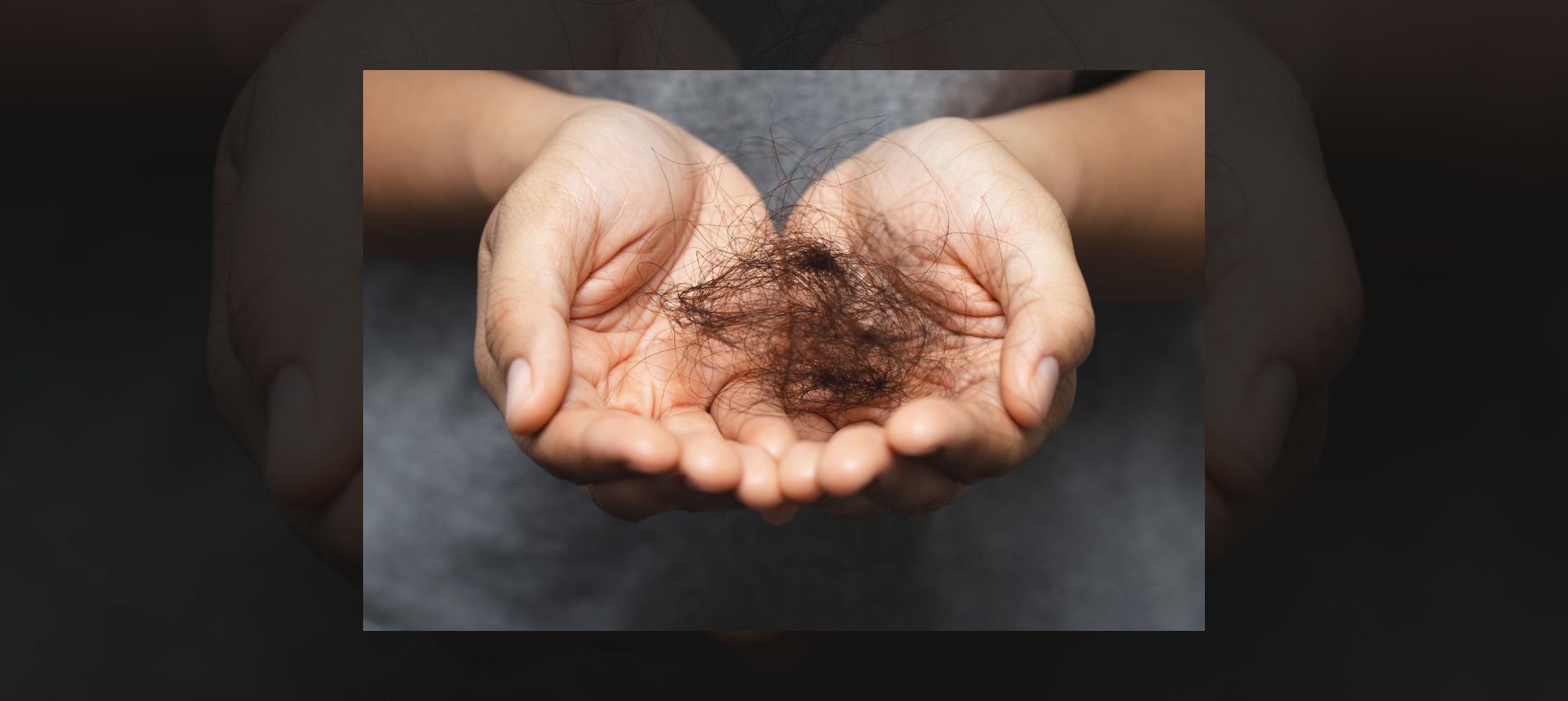
Hair Fall Upnormal's Symptoms You Should Aware
May 1, 2025
Hey there, friends! If you’ve been noticing more hair in your brush or on your bathroom floor lately, you might be wondering if it’s just a normal part of life or something more serious. Hair fall can happen to anyone, but sometimes it can be a sign that something else is going on. In this article, we’ll dive into five symptoms of abnormal hair fall that you shouldn’t ignore. If you recognize any of these signs, it might be time to pay some attention to your hair health!
1. Sudden and Excessive Shedding
First up on our list is sudden and excessive shedding. If you’ve noticed a rapid increase in the amount of hair you’re losing, it could be linked to various factors like stress, illness, or hormonal changes.
For instance, if you’ve recently gone through a stressful period—whether it’s a job change, a breakup, or even just the chaos of daily life—you might find yourself shedding more than usual. Similarly, illness or hormonal fluctuations (like those during pregnancy or menopause) can cause hair to fall out unusually fast. If this sounds familiar, don’t panic! It’s important to assess what might be causing this change and consult a professional.
2. Noticeable Thinning or Bald Spots
Next, let’s talk about noticeable thinning or bald spots. This symptom can manifest as patterns of hair loss, like alopecia or female-pattern baldness.
If you’re starting to see areas on your scalp that are becoming more visible or if your ponytail feels thinner than it used to, it’s a sign that you should take action. Thinning hair can be distressing, but spotting it early can help you address it before it becomes a bigger issue. There are various treatments available, from topical solutions to lifestyle changes, that can help promote healthier hair growth.
3. Hair Breaking Easily
Another sign that your hair fall may be abnormal is if your hair is breaking easily. If you’re noticing that your strands are weak and brittle, breaking mid-length, it can be a result of excessive styling, poor nutrition, or harsh chemical treatments.
Frequent heat styling, tight hairstyles, and using too many chemical products can all contribute to hair damage. If you’re finding that your hair feels dry and fragile, it might be time to rethink your hair care routine. Consider switching to gentler products, reducing heat styling, and giving your hair some TLC with nourishing treatments. Your hair will thank you!
4. Itchy, Flaky, or Inflamed Scalp
Let’s not forget about the health of your scalp! An itchy, flaky, or inflamed scalp can indicate underlying issues such as dandruff, infections, or conditions like seborrheic dermatitis.
If your scalp feels uncomfortable or looks irritated, it can affect your overall hair health. An unhappy scalp environment can lead to hair fall, so addressing these symptoms should be a priority. Look for gentle, soothing shampoos and treatments aimed at restoring balance to your scalp. If the problem persists, don’t hesitate to consult a dermatologist for professional advice.
5. Lack of Hair Regrowth
Finally, let’s talk about a lack of hair regrowth. If you’re experiencing persistent hair loss without any signs of regrowth, it could be a sign of hormonal imbalances, thyroid issues, or chronic stress.
Our bodies are complex, and sometimes hair fall can be a symptom of something deeper going on. If you’re not seeing any new hair growth and your hair fall seems to be ongoing, it’s time to investigate further. A healthcare professional can help evaluate your situation and determine if there are underlying conditions that need to be addressed.
Taking Action: What to Do Next
If you recognize any of these symptoms, it’s essential to seek professional help early on. The sooner you address abnormal hair fall, the better your chances of reversing damage and promoting healthy growth.
Nourishing Diet
First things first, consider your diet. Eating a well-balanced diet rich in vitamins and minerals can support hair health. Foods high in omega-3 fatty acids, proteins, and antioxidants, like fish, nuts, fruits, and vegetables, can do wonders for your hair.
Gentle Hair Care
Next, focus on your hair care routine. Opt for gentle shampoos and conditioners that nourish rather than strip your hair of its natural oils. Try to limit heat styling and give your hair some breaks from tight hairstyles.
Stress Management
Don’t forget about stress management! Finding ways to unwind—be it through meditation, yoga, or simply taking time for yourself—can significantly impact your overall health, including your hair.
Medical Evaluations
Lastly, don’t shy away from medical evaluations. If you suspect hormonal imbalances or thyroid issues, a quick visit to your doctor can help clarify any concerns. They might recommend blood tests or other assessments to pinpoint the cause of your hair fall.
Conclusion
In conclusion, while some hair fall is completely normal, recognizing the signs of abnormal hair loss is crucial for maintaining healthy hair. Remember to pay attention to sudden shedding, noticeable thinning, hair breakage, scalp issues, and lack of regrowth. By taking proactive steps and seeking professional help, you can address these concerns and encourage healthier hair.
So, if you’re dealing with any of these symptoms, don’t hesitate! Your hair deserves the best care possible, and with the right approach, you can keep it looking fabulous. Here’s to happy, healthy hair! 🌟💁♀️
Follow D-Muse to stay current with fashion trends, lifestyle tips, and exciting events. DM us now to get all the information you need!
